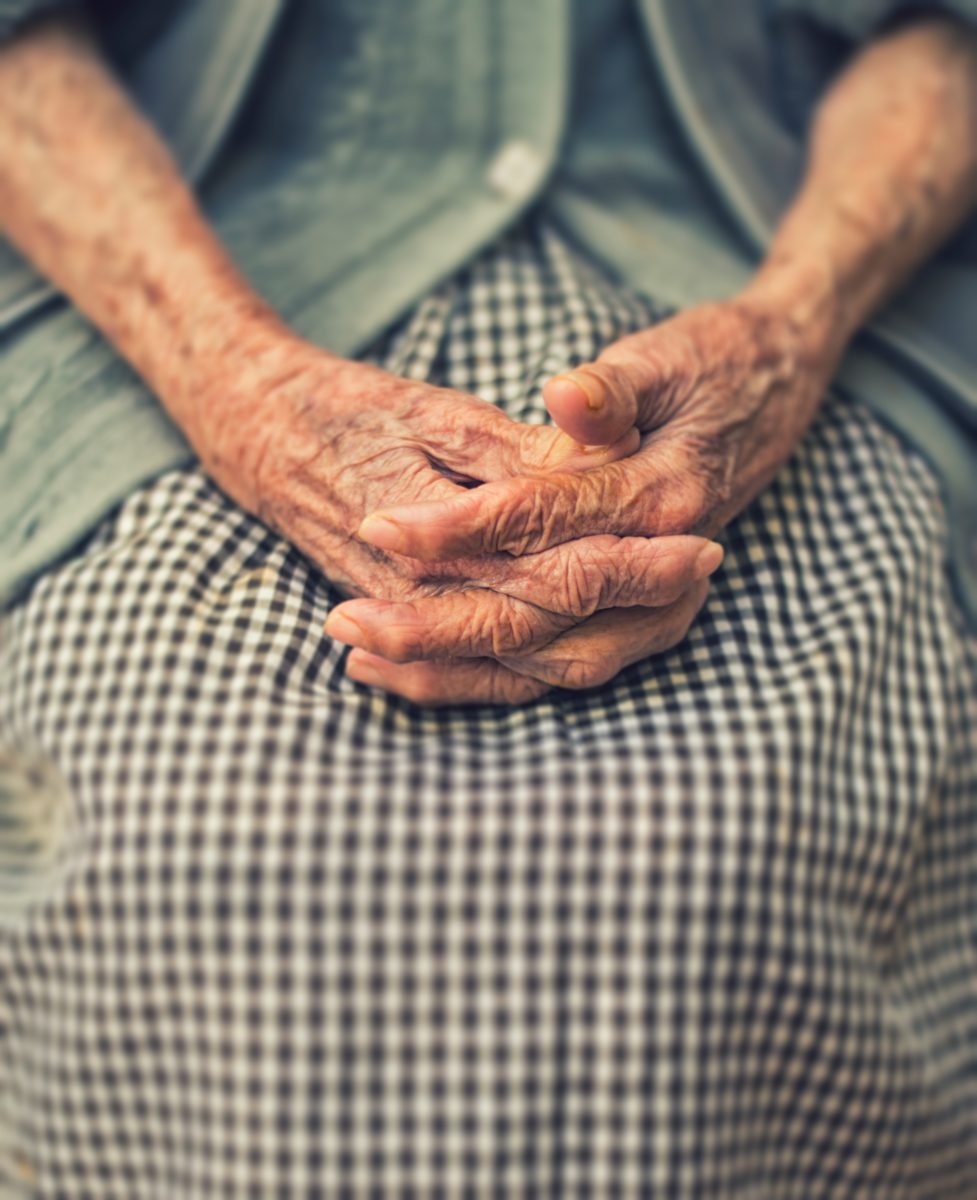
BY MICHELLE BILTON
I remember the first time my grandmother didn’t know who I was. It was at a Christmas party in late December of last year. She embraced me even though I’d seen her less than 30 minutes ago.
“Where are you living now?” she asked with a bright smile and soft blue eyes.
I hesitated. I knew that a moment like this would happen eventually, but I was still unprepared. My mother looked at me from across the room, having overheard the question. I gulped down the feeling of grief with a sip of wine, answering with the sort of enthusiasm you show at a family gathering. Later on in the evening, when I was asked about it by my mother, I said it didn’t upset me. She’d likely mistaken me for a cousin of mine.
“I just want her to know that I’m someone who cares about her and for her to feel safe with me, that’s all,” is what I’ve said more than a few times when recalling the incident. And it’s true, that’s all I’ve hoped for since I’ve come to understand Alzheimer’s.
My grandmother was diagnosed with Alzheimer’s in 2015 when she was 67. Frankly, I knew next to nothing about the disease when I was 15. I thought it was memory loss, which is just one aspect of it.
INFOGRAPHIC BY MICHELLE BILTON
She’s currently somewhere between stages four and five. There were times in my final years of high school when I noticed something was changing about my grandmother.
Whenever we went somewhere unfamiliar she’d ask me where we’re going and where my grandfather is nearly 20 times. It used to annoy me because I didn’t understand why she kept asking the same question repeatedly. It’s not uncommon for family members to become impatient while dealing with the disease.
According to the Alzheimer Society of Toronto, these are some signs of stress caregivers can experience.
- Denial
- Anger
- Withdrawing socially
- Anxiety
- Depression
- Sleeplessness
- Emotional reactions
Even though I’m not a primary or secondary caregiver for my grandmother, I’ve felt an impact on my wellbeing. It’s a feeling of sadness that overcomes me when I replay memories of my childhood that she’s in. How she put her hand to my face whenever I said I wasn’t feeling well. The endless amount of peanut butter and jelly sandwiches she’d make on rye bread that reminds me of their first townhouse in Mississauga. And how the inner English teacher in her always remembered to ask me what book I was reading at the time. What saddens me the most is that these memories are limited and fading. I feel guilty for not being a better granddaughter, who appreciated each day we spent together.
These are feelings that I often faced during the beginning of my grieving process. That’s the thing about Alzheimer’s, you lose a person slowly. There’s no final goodbye because moments of loss remind me to enjoy the time I spend with her.
It’s a comfort to know that so many Canadians are undergoing these difficulties. A report by the Alzheimer Society of Canada says that half a million Canadians are living with dementia today. That number is expected to rise to 937,000 by 2031. That’s a 66 per cent increase.
With growing awareness, many services are available to the public like support groups, free workshops, creative therapy, webinars and free counselling.
If you’re feeling distressed, call a social worker from the Alzheimer Society of Toronto at 416-322-6560.
